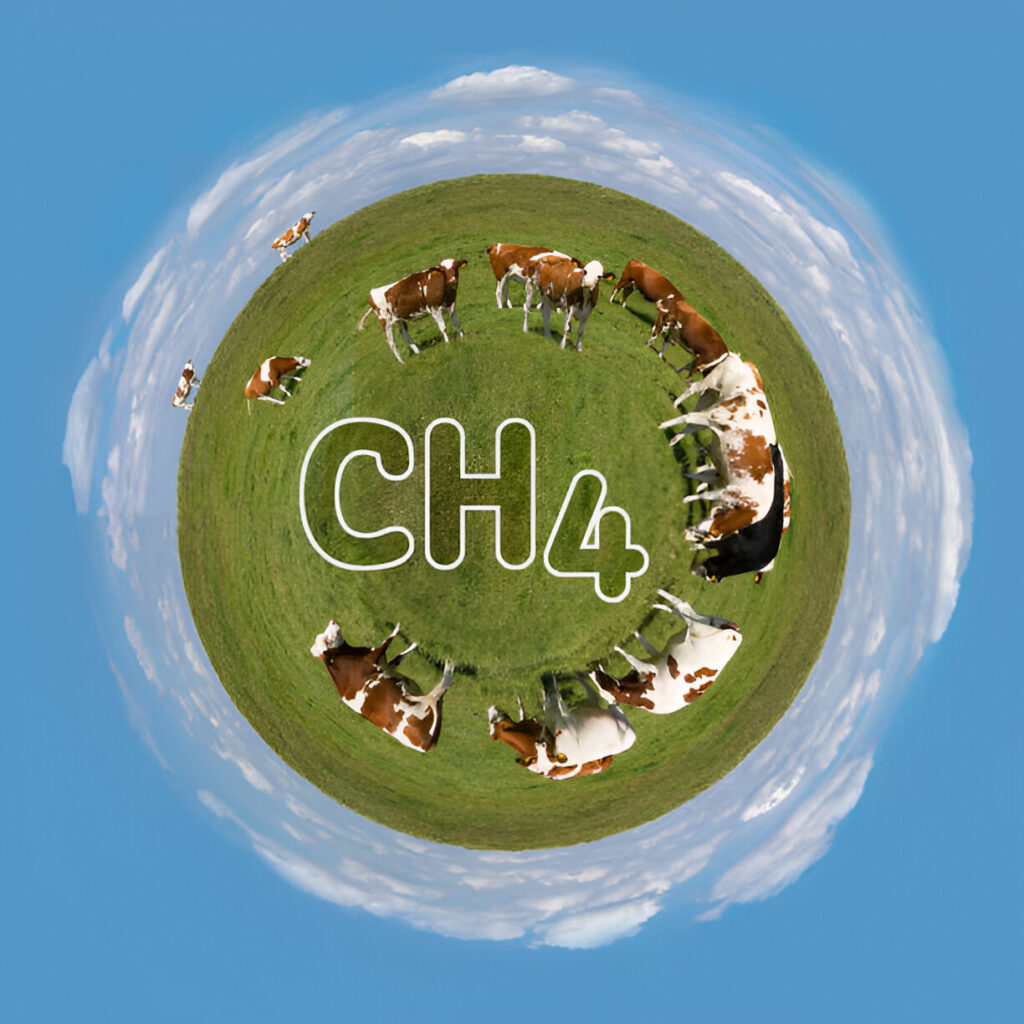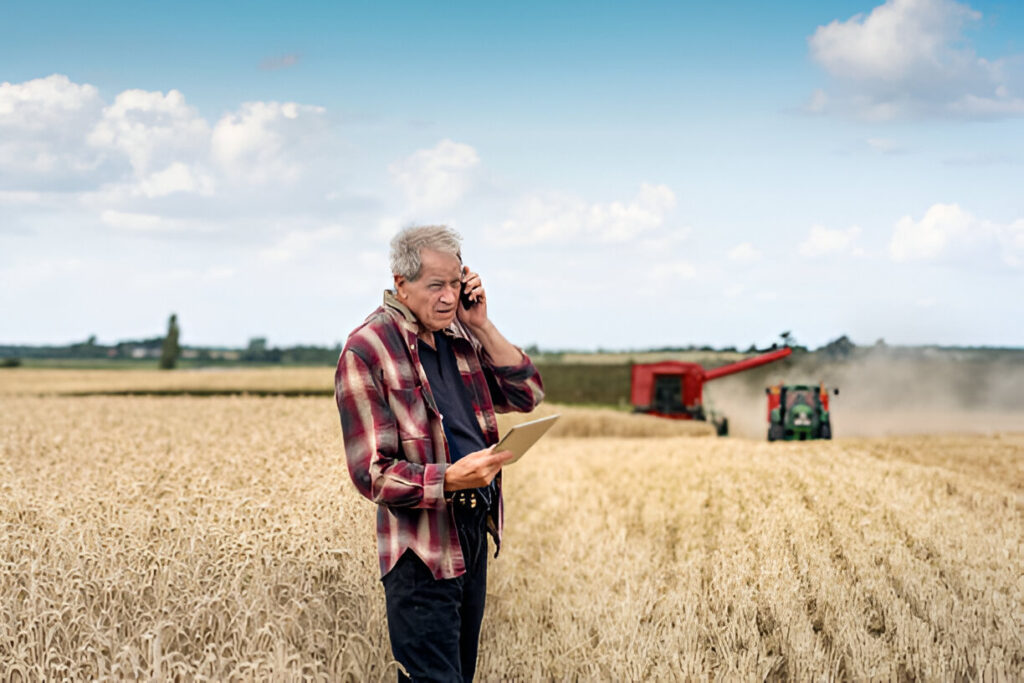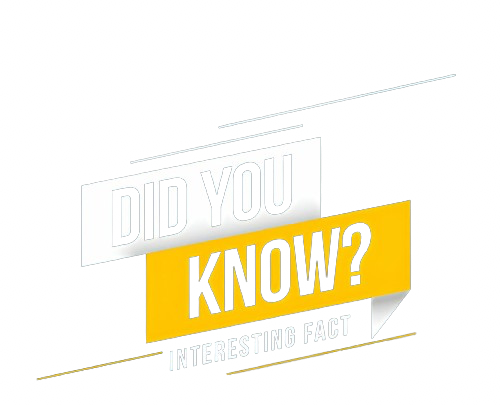Denmark has announced plans to introduce carbon tax on livestock emissions, becoming the first country in the world to take the step.
The bill is an outcome of negotiations between government, farmers, trade unions and industry representatives. However, the parliament is yet to approve it later this year.
Starting from 2030, the tax will require Danish farmers to pay 120 krone (around $17) per metric ton of carbon dioxide equivalents they produce. It will gradually increase to 300 krone ($43) by 2035.

Denmark is one of the biggest pork and beef exporters in Europe. Cattle and sheep produce a large amount of methane when they digest food. According to green think-tank Concito, the average Danish cow produces six tonnes of CO₂e annually. Therefore, its agriculture sector is a significant polluter and the main source of carbon emissions.
Lars Aagaard, the country’s climate minister, said agriculture was Denmark’s largest greenhouse gas emitter. “This cannot continue,” he said. “Agriculture must contribute and be part of the green future.”
The bill aims to reduce emissions by 70 percent from 1990 levels. Once implemented, the initiative will help reduce the country’s greenhouse gas emissions 1.8 million tonnes of CO₂e.

Denmark’s Tax Minister Jeppe Bruus said: “With the agreement, we will reach our climate goals in 2030 and we will take a big step closer to becoming climate neutral in 2045.We will be the first country in the world to introduce a real carbon tax on agriculture. Other countries will be inspired by it.”
Under the bill, the government will also acquire farmland in order to reduce nitrogen emissions from fertilizer use. This is because the country has a total of 109 water bodies. Out of which only five are in good health. Therefore reducing nitrogen emissions is crucial for restoring the health of 104 water bodies.
According to the Danish government, they will return the revenue generated through the tax to the livestock industry to achieve green transition. The bill also includes the establishment of more than 600,000 acres of new forests.

Not only Denmark, but other EU countries are also making efforts to reduce carbon emissions from the agriculture sector. Recently, New Zealand also proposed a similar tax from 2025 despite resistance from farmers.
Kristian Hundebøll, chief executive of DLG Group, one of Europe’s biggest agribusinesses, said it was “crucial” for the tax to be “anchored in Europe” rather than for Denmark to act unilaterally.
Click here for more daily news on food technology.

